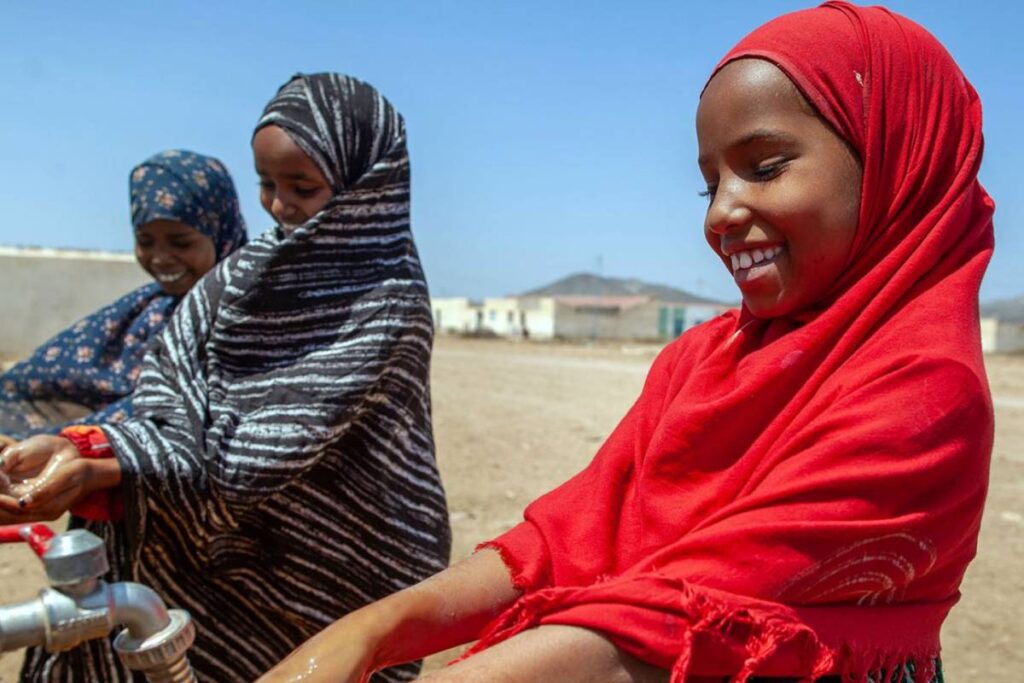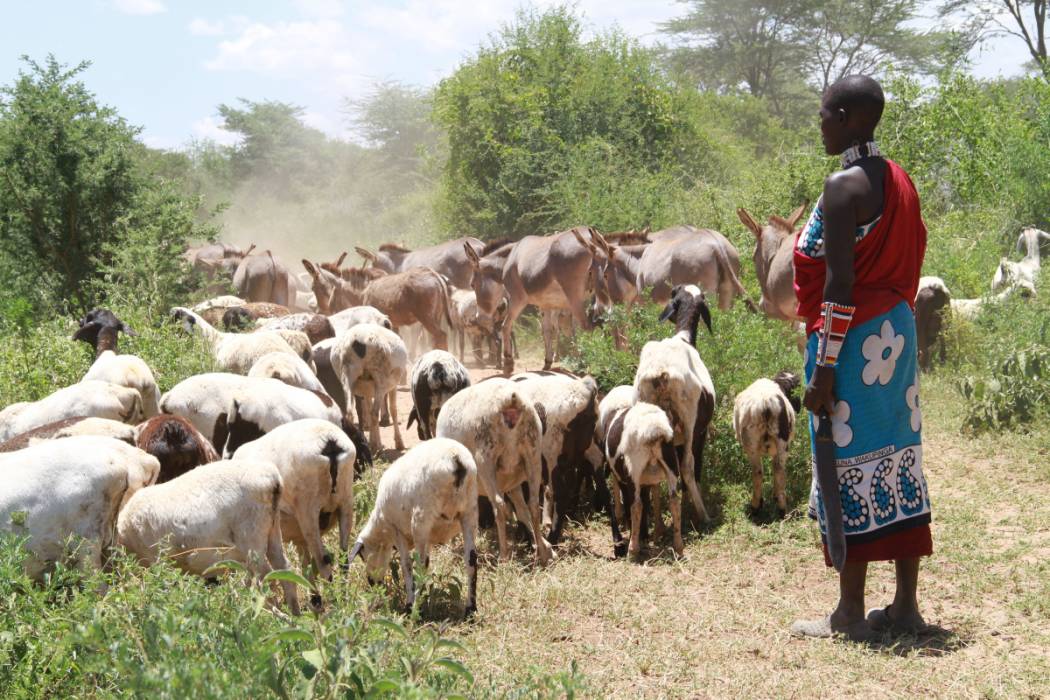They are seen along the streets to school every morning of a weekday clutching bags, with happy faces, with one determination, age apart, they must fit into the societal prism of success.
Goal 4.1 of the Sustainable Development Goals (SDGs) mandates governments and the respective stakeholders such as CARE Somalia, to ensure that by 2030, all girls and boys have access to free and equitable and quality primary and secondary education thus bringing about effective learning outcomes.
The United Nations (UN) Bill of Rights guarantees the provision of education to everyone in the world at a very minimal or no cost (Article 26 of the Universal Declaration of Human Rights), based on which the UN has declared education as a basic human right for every person. At the Jomtien world conference on Education for All (EFA), in 2011, governments committed themselves to provide children around the world with access to good quality basic education.
The Adolescent Girls’ Education in Somalia (AGES) project funded by both FCDO and USAID, therefore operates within the paradigm of the global call to empower the girl child with education and requisite skills for livelihood. The fragile governance system in Somalia has weakened the fiber of empowerment for girls and this is further compounded by the patriarchal society that Somalia is and the religious beliefs in which women are given secondary consideration when it comes to social inclusion. The UNICEF Somalia Education Strategy Note 2018-2020, states that, Somalia has one of the world’s lowest proportions of primary-age children attending primary school. Nationally, the primary Net Attendance Ratio (NAR) is estimated at some 30.1 per cent for boys and 21 per cent for girls. This confirms AGES project background justifying the intervention, in that, it is confirmed, Somalia is the 4th worst country in terms of gender parity globally and additionally, the country was recently ranked the fifth most dangerous country in the world for a woman.
The proliferation of private schools in the urban schools in Somalia, has not made the situation any better. The Education Sector Analysis report by the Federal Government of Somalia published in 2017, holds that the proportion of Somalis above the age of 25 years with ‘no education’ is high at 75.6%. Gender-based inequities are also experienced by women, with more women above the age of 25 years having ‘no education’ compared to men (79.5% compared to 71.8%). It is therefore within this paradigm that the AGES project established an inclusive education strategy.


